End-of-Life Care for Pets: Providing Comfort When It Matters Most
Your pet has been part of your life for years- maybe even decades. They’ve greeted you at the door, followed you from room to room, and comforted you in ways words can’t describe. But now, the signs of aging are setting in. Your cat stares at her water bowl but won’t drink. Your dog hesitates before standing, legs shaking beneath him.
These quiet changes can feel like loud questions:
Is my pet in pain? Am I doing enough? How will I know when it’s time?
At Oliver Animal Hospital, we understand how emotionally complex this chapter can be. Our role is to help you navigate it- with clarity, compassion, and care that prioritizes your pet’s comfort and your peace of mind.
Is It Time to Shift Toward Comfort?
Knowing when to move from curative treatment to comfort-focused care isn’t always clear-cut. The signs can be subtle at first, or they may come on suddenly. Some of the most common indicators that a pet may benefit from palliative or hospice care include:
- Persistent pain, even with medication
- Labored or irregular breathing
- Loss of appetite, visible weight loss, or signs of dehydration
- Difficulty standing, walking, or frequent falls
- Behavioral changes like withdrawal, confusion, or nighttime restlessness
Age-related conditions like arthritis or canine cognitive dysfunction tend to develop slowly. In contrast, issues like organ failure may escalate quickly. That’s why our team uses advanced diagnostics- X-rays, ultrasound, and in-house lab testing- to evaluate how your pet is doing internally, even when outward signs feel ambiguous.
Not sure how to gauge your pet’s quality of life? Tools like the Quality of Life Scale help you assess key areas like mobility, hydration, and even joy- giving shape to the decisions ahead.
Creating a Comfort-First Environment at Home
Before thinking about medical care or medications, it’s worth asking: Can we make everyday life a little easier?
Many pets find significant relief from small environmental changes, especially those that support mobility, hygiene, and rest. Try implementing:
- Arthritis-friendly modifications like ramps, carpet runners, or non-slip rugs to reduce falls
- Orthopedic bedding in quiet, draft-free corners of your home
- Elevated food and water dishes to limit neck and back strain
- Litter boxes or outdoor potty areas placed nearby and easily accessible
- Gentle daily grooming to maintain comfort and dignity
Even a consistent daily routine- same feeding times, same sleeping spots- can go a long way in helping your pet feel safe and secure during a time of change.
Understanding Veterinary Hospice Care
If your pet’s condition is no longer treatable or they aren’t responding to medication, hospice care offers a way forward that’s rooted in love- not in prolonging suffering.
At Oliver Animal Hospital, our hospice approach centers around relieving discomfort, maintaining dignity, and making space for connection. It can include:
- Comprehensive pain control with medications like NSAIDs, opioids, or gabapentin
- Subcutaneous fluid therapy to prevent dehydration
- Appetite support, including prescription diets or stimulants
- Assistive devices like slings, braces, or carts
- Gentle physical therapy to maintain muscle tone and prevent pressure sores
- Home modifications and daily routines that reduce stress and physical strain
We even continue to emphasize dental care, since oral pain can make eating difficult and worsen overall decline.
Hospice isn’t about “giving up”- it’s about giving your pet the most peaceful, supported time possible, however long that may be.
When Euthanasia Becomes the Most Loving Decision
There may come a moment when, even with supportive care, your pet’s suffering becomes undeniable. Making the decision to say goodbye is deeply personal- but it can also be the kindest choice.
At Oliver Animal Hospital, we handle euthanasia with reverence, patience, and calm:
- Pets are given gentle sedation first, so they are fully relaxed and free from fear
- A second injection then ensures a painless, peaceful passing
- You are welcome to stay and hold them- or step away if that feels easier
After your pet has passed, we’ll guide you through aftercare options, including cremation or burial services. We’ll give you space- but also support- so you can focus on what matters most: honoring your bond and beginning to grieve.
The Power of Planning Ahead
It’s hard to plan for loss. Many families wait until their pet is in crisis to begin thinking about final decisions- but preparing ahead of time can ease emotional strain later.
Here are a few ways to prepare now, before an urgent situation arises:
- Define your comfort thresholds: What signs- loss of mobility, refusal to eat, unrelenting pain- will help you know it’s time?
- Discuss aftercare preferences: Would you prefer private cremation, communal cremation, or burial (if legal in your area)?
- Talk with your family: Make sure everyone is aligned, especially if you have children who may need extra support
- Consider memorial ideas: From clay paw prints to planting a tree, choosing a tribute ahead of time can help the grieving process
You don’t have to do this alone. The Association for Pet Loss and Bereavement offers support groups, while Cornell’s grief resources provide counseling tools and guidance for families.
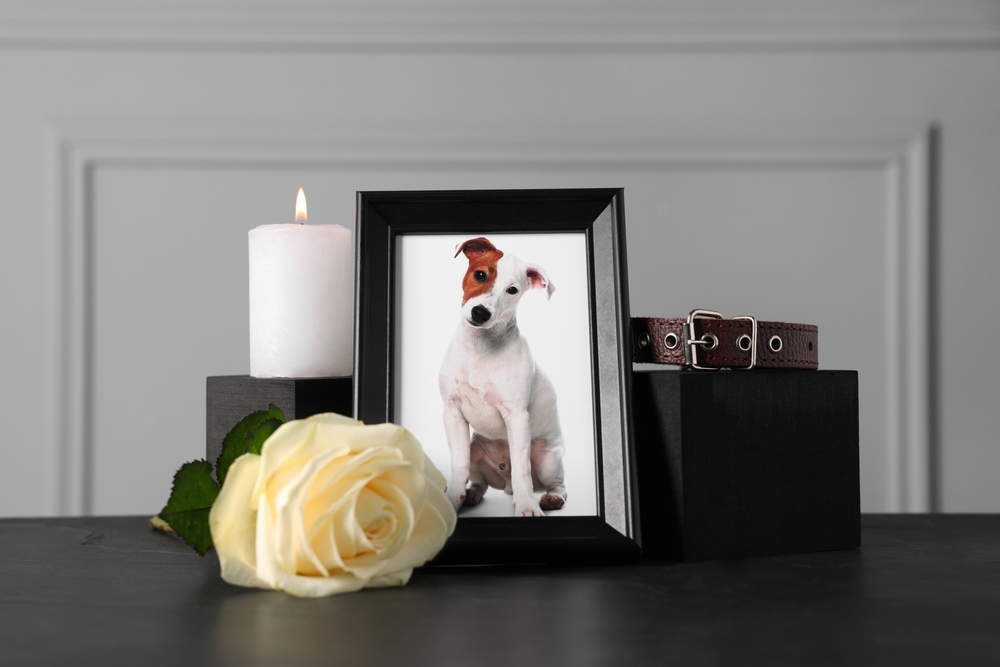
How We Support You- Every Step of the Way
At Oliver Animal Hospital, we’re here for more than check-ups and vaccines. We walk with families through every stage of life- including this one.
We offer:
- Full-service veterinary care including preventive medicine, surgery, pain management, and senior wellness
- Same-day appointments whenever possible, so you’re not waiting when time is most precious
- Advanced diagnostics– X-rays, ultrasound, and rapid in-house lab work- to inform care decisions quickly
- Gentle dental support to reduce pain and improve comfort
- Physical therapy and rehabilitation for pets who benefit from movement and mobility work
- Urgent daytime care: While we’re not a 24/7 facility, we always prioritize emergencies when you call ahead
If a situation arises after hours, we’ll refer you to a trusted emergency or specialty hospital we work closely with.
You Don’t Have to Carry This Alone
Caring for a terminally ill pet is one of the heaviest and most sacred acts of love you can offer. But you don’t have to navigate it in isolation.
If your pet is showing signs of decline- physically, emotionally, or behaviorally- we’re here to help you understand your options. Whether it’s managing pain, preparing for goodbye, or just answering your “Is this normal?” questions, we’re ready to meet you where you are.
Phone: (512) 892-1000
Contact us online
Together, we can ensure your pet’s final chapter is peaceful, dignified, and filled with love.


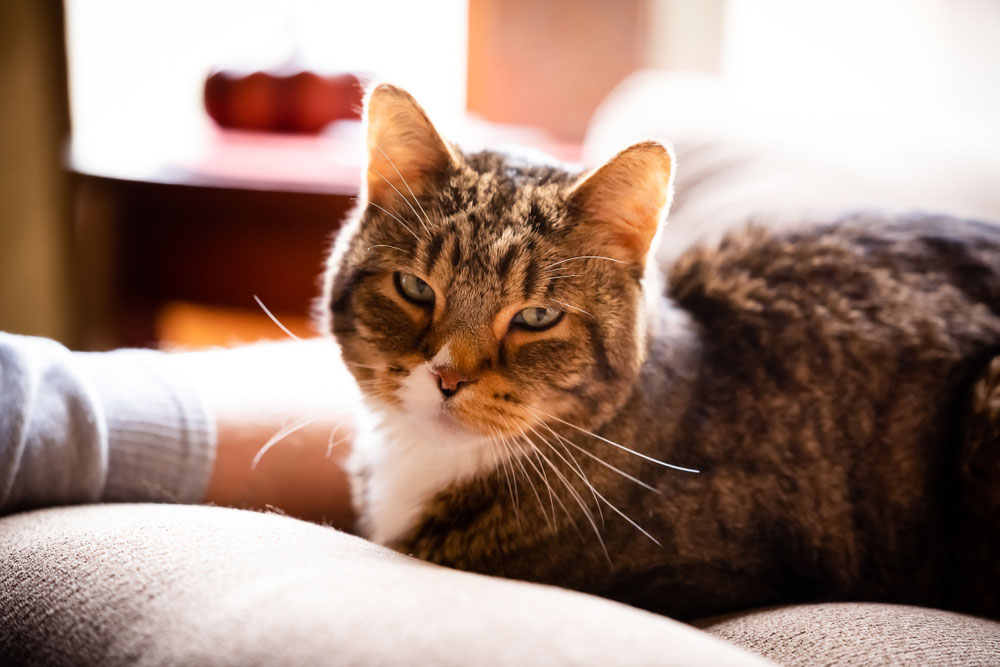
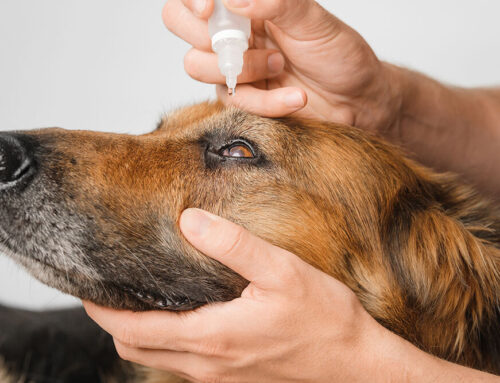
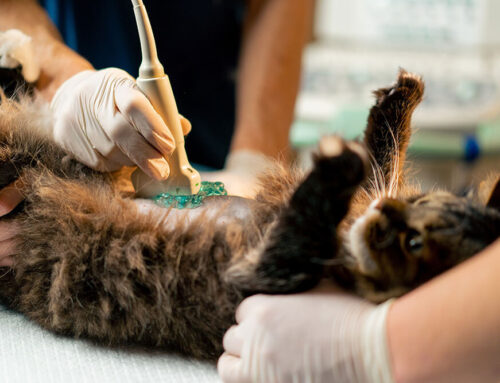

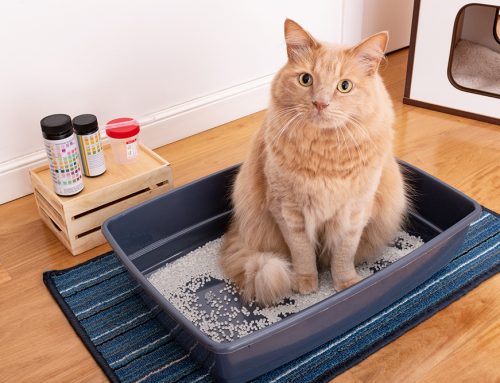

Leave A Comment